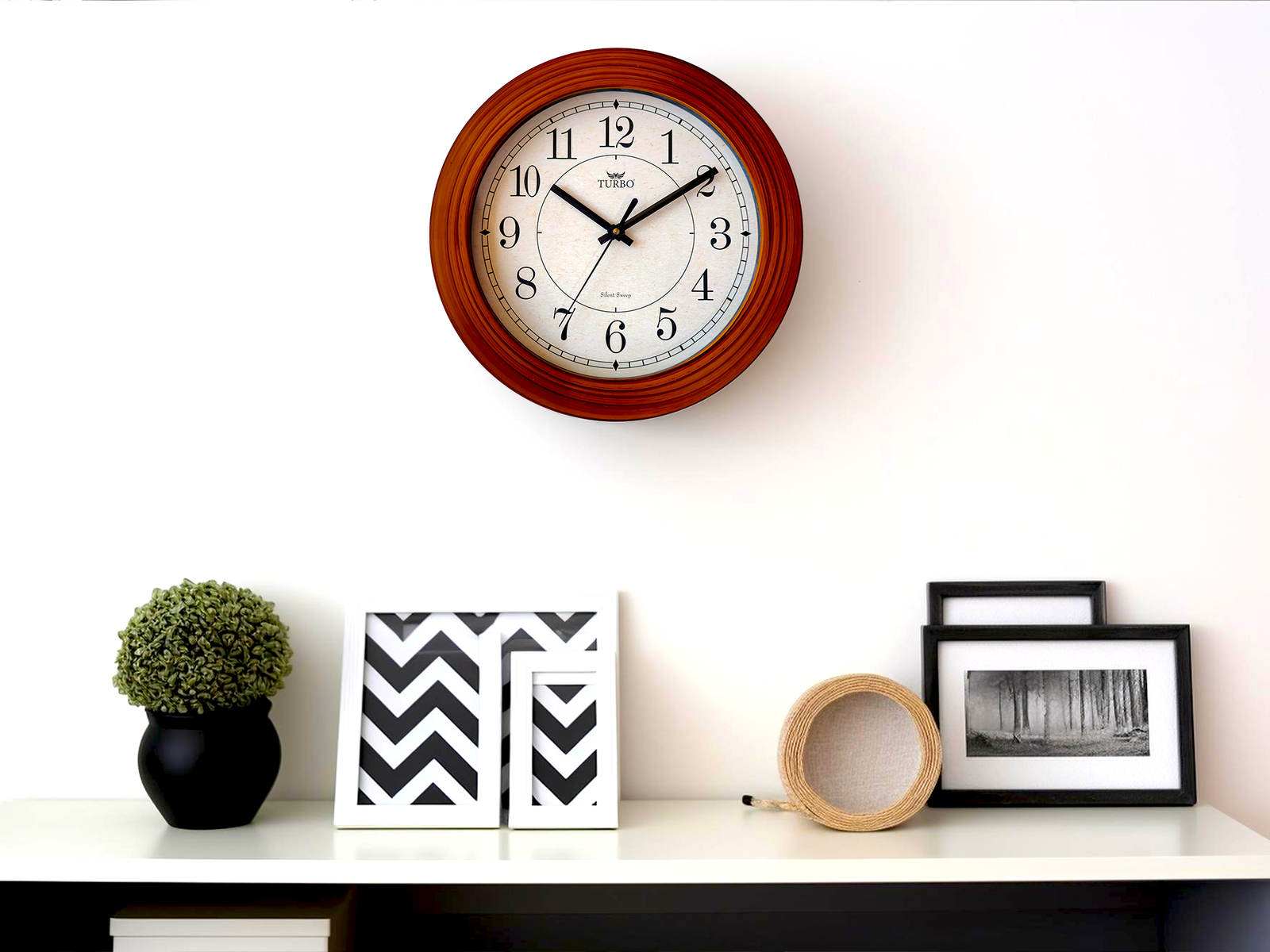The Psychology of Clocks: How Timepieces Influence Your Mood and Productivity

Introduction
Clocks do more than just tell time—they shape our daily lives, influence our emotions, and affect our productivity. Whether it’s the soft ticking of a vintage clock, the bold presence of a modern wall clock, or the subtle glow of a digital timepiece, clocks have a psychological impact on our well-being. In this blog, we explore how clocks affect our mood, stress levels, and time management skills, helping you make smarter decor choices for your home and office.Clocks do more than simply display time—they influence our routines, emotions, and productivity. From the gentle ticking of a classic timepiece to the striking presence of a modern wall clock or the calming glow of a digital display, clocks subtly impact our well-being. In this blog, we delve into how timepieces affect our mood, stress levels, and time management skills, guiding you in making thoughtful decor choices for your home and workspace.
The Effect of Ticking vs. Silent Clocks on Concentration and Sleep
The sound of a ticking clock can be both comforting and distracting, depending on the setting and individual preference:
-
Boosting Focus – Some people find rhythmic ticking soothing, helping them concentrate while working or studying. It can create a subconscious sense of urgency, making tasks feel more structured.
Disrupting Sleep – For light sleepers, a ticking clock can become an annoyance, disrupting rest. In this case, a silent or digital clock with a non-ticking mechanism is ideal for the bedroom.
How a Well-Placed Clock Can Improve Time Management and Productivity
Clocks serve as constant reminders of time, which can either motivate or pressure individuals:
-
In Offices & Workspaces – A strategically placed wall clock helps employees stay mindful of deadlines, encouraging better time management.
In Classrooms – A visible clock helps students manage test durations and stay on schedule.
In Homes – Placing a clock in high-traffic areas like the kitchen or hallway ensures better routine management for busy families.
The Emotional Connection to Vintage and Heirloom Clocks
Many people attach sentimental value to clocks passed down through generations. A vintage or antique clock can evoke nostalgia, comfort, and a sense of continuity. These pieces often remind us of loved ones or important moments, making them cherished additions to home decor.
Color Psychology in Clocks: Choosing the Right Tone for Your Space
The color and design of a clock can subtly influence emotions and set the mood of a room:
-
Warm Colors (Gold, Wood, Earthy Tones) – Evoke warmth, comfort, and a sense of tradition, making them perfect for living rooms and cozy spaces.
Cool Colors (Blue, Silver, White) – Create a calm and focused environment, ideal for offices, studies, and minimalist decor.
Bold Colors (Red, Orange, Black) – Stimulate energy and urgency, suitable for creative spaces or kitchens where productivity is key.
Conclusion
Clocks are more than functional items; they influence how we feel and interact with time. Whether you prefer a silent, modern design or a classic ticking heirloom, understanding the psychology of clocks can help you make better decor choices that enhance mood, productivity, and overall well-being. So, the next time you shop for a clock, think beyond aesthetics—consider how it will shape your daily experience!
Explore our exclusive collection of home decor pieces and start elevating your living space today!
